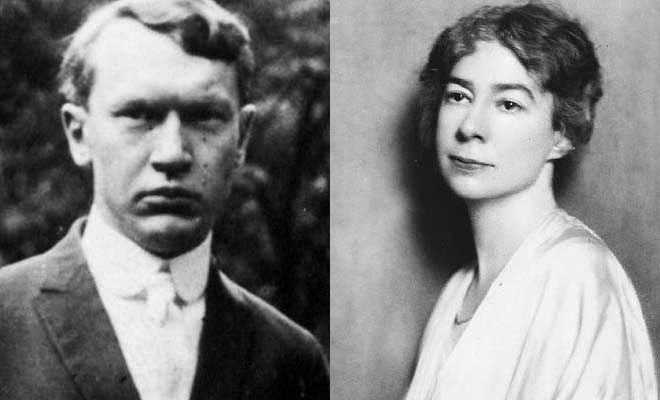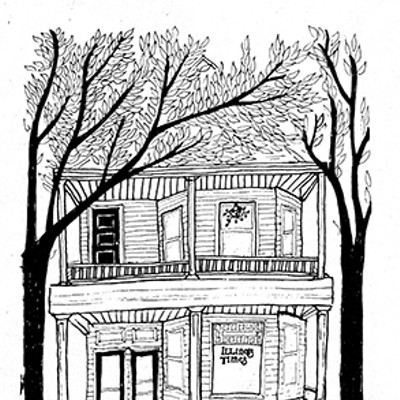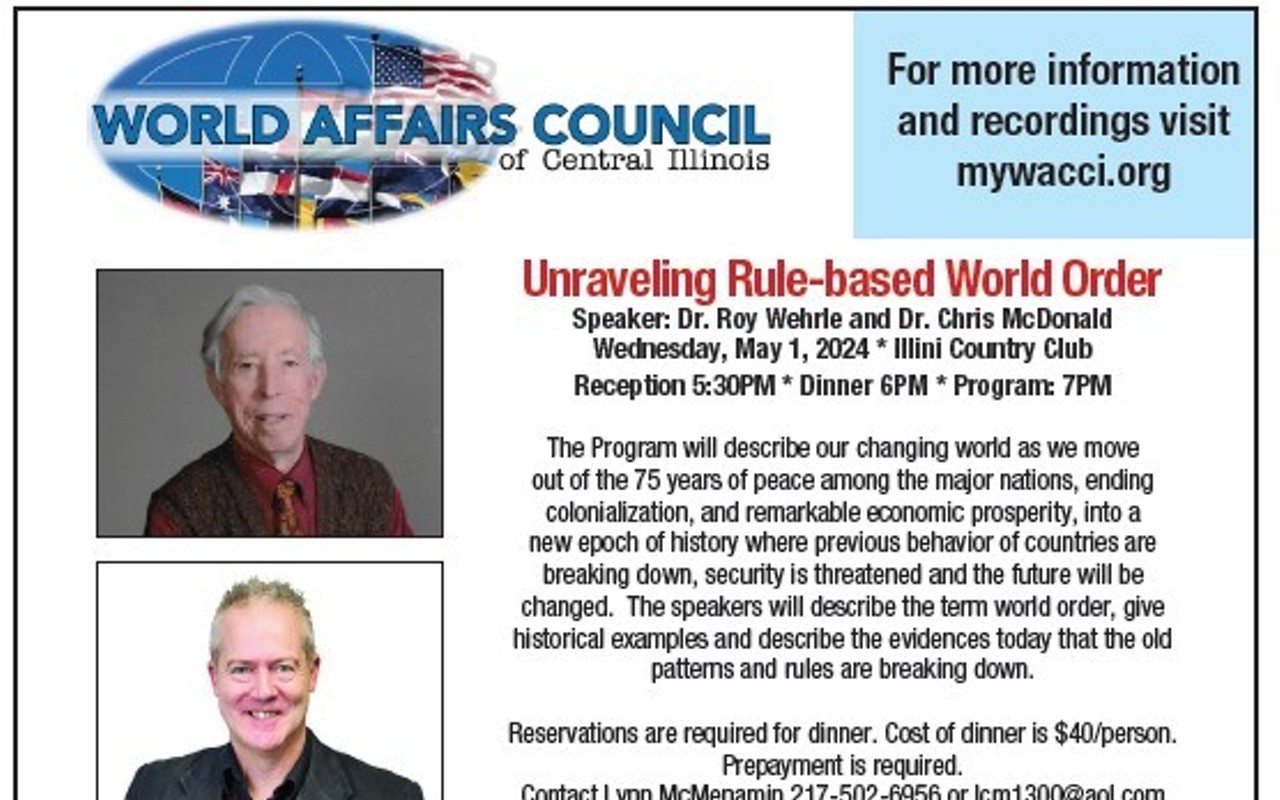Just when I thought I could learn to forget her
Right through the door come a tear-stained letter.
– “Tear-stained Letter,” Richard Thompson
“We will go out and write poetry in red chalk on the State House walk, where he who runs may read. That will be a conjunction of planets, and a fine thing for the populace.” That was Vachel Lindsay in a 1913 letter to his “Excellent Rascal,” Sara Teasdale, a fellow poet from St. Louis. Lindsay was not an ardent lover, but he was ardent about Love. He did not only try to capture life in words, he lived life through words. Quite a few of those words were addressed, literally, to Teasdale. They began trading letters in 1911, letters in which the young poet talked out loud to her about things he could not talk about to anyone else. He was in love with poetry and with people like her who loved poetry. She was, he would write, “the most intimate friend I had had for years and the best understander.”
Lindsay had no money, of course, and Teasdale bowed to family pressure and wed a shoe manufacturer from New York. Occasionally, the ending is happier. A letter of praise from Robert Browning to Elizabeth Barrett Browning in 1845 led to a 20-month correspondence between them, culminating in a proposal, elopement, and a happy-ever-after in Italy.
More often the epistolary romance replaces an affair rather than instigating one. A couple feeling mutual desire might find it impossible to consummate it socially or geographically, but even when it is possible, a romance on paper spares them the logistics of the assignation and the complications (and disappointments) of the bed. The epistolary romance thus often consists not of love letters, but of not-yet-love letters, or almost-love letters. Elizabeth Bishop, poet and critic, and Robert Lowell, poet and madman, corresponded for 30 years while she lived in Brazil. A sympathetic Thomas Mallon describes their relationship as “creative courtly love.”
There must be some word today
From my boyfriend so far away
Please Mr. Postman look and see
If there’s a letter, a letter for me
– “Please Mr. Postman,” The Marvelettes
Then there is the odd affair of Peter Tchaikovsky and patron Madame von Meck. Having never met, they exchanged more than 1,200 letters between 1877 and 1890 in which they became emotional intimates. He was not sexually attracted to women and she was repulsed by the physical act with anyone, but sublimated sexual energy suffused their letters.
The letter – the physical thing, not just the words – carries that charge. Ernst Lubitsch’s screenplay for The Shop Around the Corner, his film adaptation of a 1937 Hungarian play, includes character Klara Novak writing this to her nameless correspondent: “Oh, my Dear Friend, my heart was trembling as I walked into the post office, and there you were, lying in Box 237. I took you out of your envelope and read you, read you right there.” It’s as thrilling as having sex in public, only without those annoying court appearances.
Now it seems strange
How we used to wait for letters to arrive
But what’s stranger still
Is how something so small can keep you alive
– “We Used to Wait,” Arcade Fire
Part of the pleasure of a long, thoughtful letter is the effort that goes into writing one. I regard those I receive as gifts, and value them enough as mementoes to have lugged a footlocker-sized bin of them back and forth across the country. Yes, I know that emails of the kind can be printed out, but that leaves you with only the words. A letter – the paper, the handwriting, perhaps a scent lurking behind the mildew – bespeaks the author in so many other ways.
As is the case with computer dating, indeed of courtship in general, a relationship develops between two contrived selves. The self one offers to the cherished other in a letter is not exactly a false or invented self but it is usually a refined one, and sometimes one’s refined self is tantamount to a fiction. The confusion of these disparate identities has been made literal in the many treatments of the love affair by letter in popular plays and films. I mentioned The Shop Around the Corner by Ernst Lubitsch (redone as In the Good Old Summertime); Nora Ephron did something very similar in You’ve Got Mail. In each case characters enamored of their anonymous correspondent happen to become acquainted with and dislike their correspondent’s actual self. In the movies, the imagined wins over the real. In real life, words are never enough, and relationships built across oceans usually can’t survive the daily trip across the kitchen table.
Contact James Krohe Jr. at [email protected].
Please Mr. Postman
The pleasures and perils of the epistolary romance
[
{
"name": "Air - MedRect Combo - Inline Content 1",
"component": "11490391",
"insertPoint": "3",
"requiredCountToDisplay": "1",
"parentWrapperClass": "fdn-ads-inline-content-block"
},{
"name": "Air - MedRect Combo - Inline Content 2",
"component": "11490392",
"insertPoint": "7",
"requiredCountToDisplay": "5",
"parentWrapperClass": "fdn-ads-inline-content-block"
},{
"name": "Air - MedRect Combo - Inline Content 3",
"component": "11490393",
"insertPoint": "12",
"requiredCountToDisplay": "9",
"parentWrapperClass": "fdn-ads-inline-content-block"
}
]
Illinois Times has provided readers with independent journalism for almost 50 years, from news and politics to arts and culture.
Your support will help cover the costs of editorial content published each week. Without local news organizations, we would be less informed about the issues that affect our community..
Got something to say?
Send a letter to the editor and we'll publish your feedback in print!






















